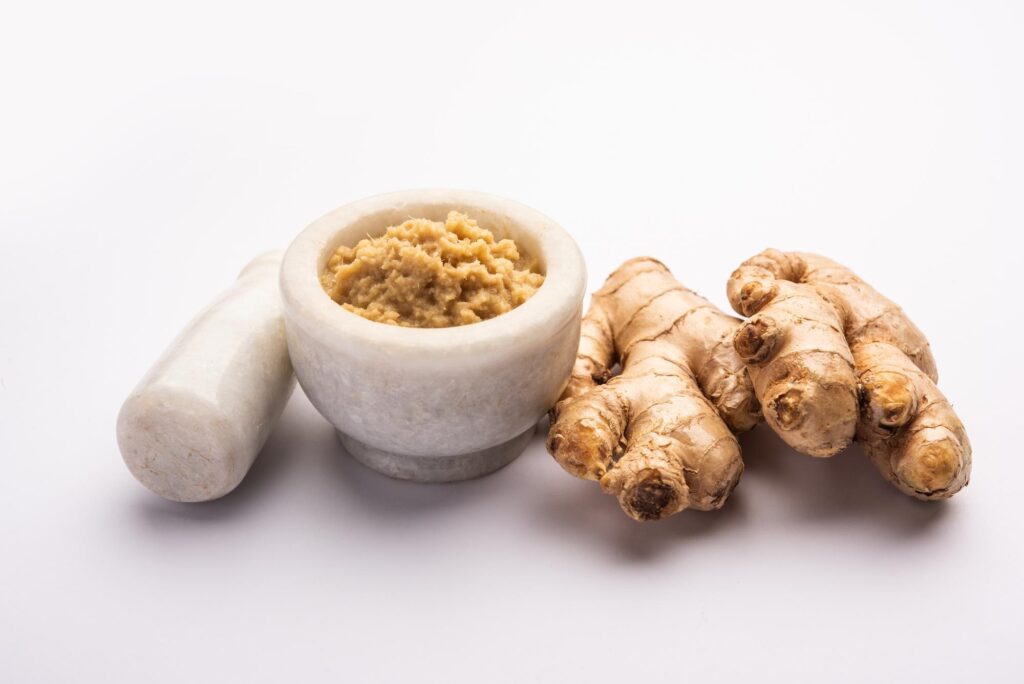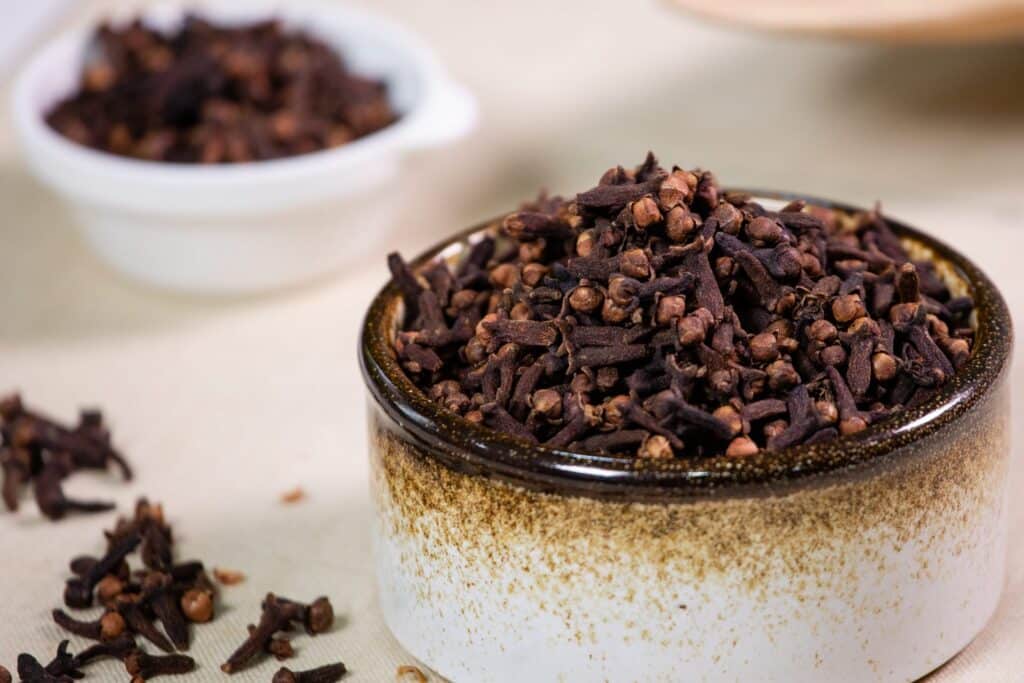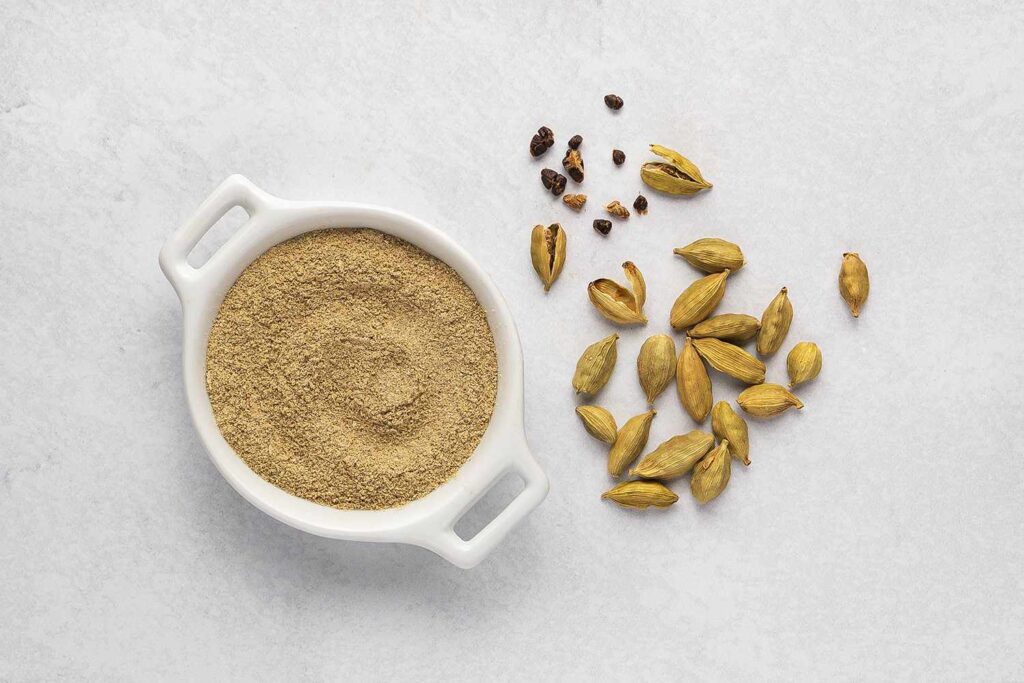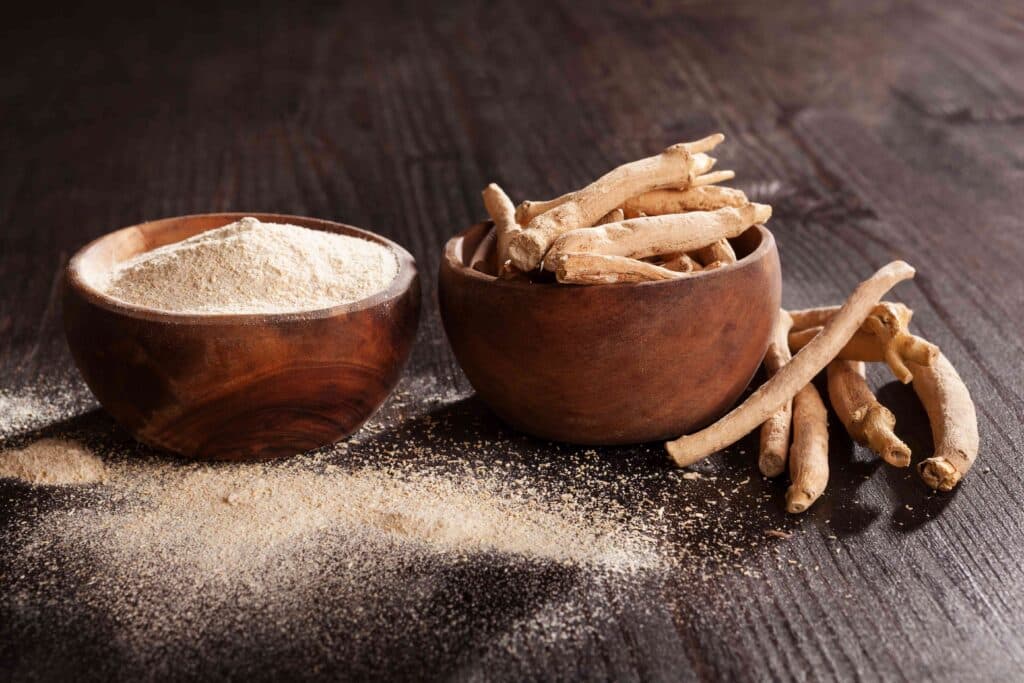Tea is more than just a beverage; for many, it’s a cherished morning ritual that helps set the tone for the day. From the comforting warmth of a steaming mug to the subtle, energizing aroma, a good cup of tea can invigorate both body and mind. But what if you could transform your everyday morning tea into something even more powerful—an elixir packed with nutrients, energy-boosting ingredients, and a rich array of health benefits?
In this article, we’ll explore five must-have ingredients that can take your morning tea to the next level. These natural boosters not only enhance flavor but also supercharge your health, boosting your energy, metabolism, immune system, and mental clarity. Whether you’re a fan of black tea, green tea, or herbal blends, these ingredients can easily be incorporated into your daily routine.
1. Ginger: The Ultimate Digestive Aid and Anti-Inflammatory Powerhouse

Ginger has been a staple in traditional medicine for thousands of years, and for good reason. This pungent root is loaded with bioactive compounds that offer an impressive array of health benefits, making it an ideal addition to your morning tea.
Health Benefits of Ginger:
- Digestive Health: Ginger is renowned for its ability to soothe gastrointestinal distress, reduce nausea, and improve digestion. If you often feel bloated or sluggish in the morning, adding ginger to your tea can help stimulate the digestive system, easing any discomfort.
- Anti-inflammatory Properties: Ginger contains potent anti-inflammatory compounds called gingerols, which can help reduce inflammation throughout the body. Chronic inflammation is linked to a wide range of illnesses, including heart disease, arthritis, and even certain types of cancer.
- Immunity Booster: Rich in antioxidants, ginger helps fight oxidative stress, bolstering your immune system and reducing the risk of infections.
- Pain Relief: Whether it’s a headache, menstrual cramps, or joint pain, ginger can provide natural relief due to its anti-inflammatory and analgesic properties.
How to Add Ginger to Your Tea:
To incorporate ginger into your morning tea, you can either grate fresh ginger root and steep it in boiling water or add dried ginger powder. A slice or two of fresh ginger in black or green tea can also add a subtle spicy kick that’s both warming and invigorating.
2. Cinnamon: Your Secret Weapon for Blood Sugar and Metabolism

Cinnamon isn’t just a spice that makes your meals smell amazing; it’s also a fantastic ally for your health. Adding a sprinkle of cinnamon to your morning tea can help keep your blood sugar stable, making it a smart choice for anyone looking to manage their energy and weight.
Health Benefits of Cinnamon:
- Balances Blood Sugar Levels: Cinnamon is great for improving how your body responds to insulin and can help lower blood sugar levels. This is particularly useful for those with type 2 diabetes or anyone wanting to avoid energy dips throughout the day.
- Boosts Metabolism: This spice can rev up your metabolism by increasing thermogenesis, which is your body’s way of burning calories. This boost can assist with weight management and provide steady energy all day long.
- Rich in Antioxidants: Cinnamon is packed with polyphenols that help combat oxidative stress and inflammation, potentially lowering the risk of chronic illnesses like heart disease and certain cancers.
- Promotes Heart Health: Incorporating cinnamon into your diet may help reduce cholesterol and lower blood pressure, contributing to better overall heart health.
How to Add Cinnamon to Your Tea:
Adding cinnamon to your tea is simple! You can either sprinkle ground cinnamon directly into your cup or steep a cinnamon stick for a delightful hint of sweetness. It pairs wonderfully with black tea, chai, or herbal blends like rooibos or peppermint. For a warm and cozy morning drink, try mixing cinnamon with ginger or cardamom.
3. Cloves: The Antioxidant-Rich Spice

Cloves are small yet mighty spices known for their aromatic flavor and impressive health benefits. Traditionally used in medicine, they serve as a natural antiseptic and are packed with antioxidants. Just a few cloves can enhance your tea, boosting its health benefits while adding a warm, earthy taste.
Health Benefits of Cloves in Tea:
- Rich in Antioxidants: Cloves are among the top sources of antioxidants, which help protect your body from oxidative stress and damage from free radicals.
- Natural Antiseptic: With their antimicrobial and antibacterial properties, cloves can help fight infections and support your immune system.
- Digestive Aid: Cloves stimulate digestive enzyme production, making it easier for your body to break down food and reducing bloating and gas.
- Pain and Inflammation Relief: Clove oil contains eugenol, known for its pain-relieving and anti-inflammatory effects, which can soothe muscle pain and sore throats.
How to Use Cloves in Tea:
To enjoy cloves in your tea, add 2-3 whole cloves while it brews. If you prefer ground cloves, just a pinch (about 1/8 teaspoon) will do the trick. Cloves blend beautifully with other spices like cinnamon, cardamom, and ginger, creating a comforting tea blend. For a cozy winter treat, try adding cloves to chai tea or black tea with a splash of milk.
4. Cardamom: The Detoxifying Spice

Cardamom is a fragrant spice often found in chai and other spiced teas. Beyond its delicious taste, cardamom offers numerous health benefits, especially when it comes to detoxifying the body and improving digestion. Its subtle citrus and mint notes add a unique flavor to any tea blend.
Health Benefits of Cardamom in Tea:
- Detoxification Support: Cardamom enhances digestion and boosts liver function, making it a great ally for detoxing your body.
- Digestive Relief: Like cloves and ginger, cardamom can ease indigestion, gas, and bloating, providing comfort for an upset stomach.
- Respiratory Health Booster: Often used in Ayurvedic medicine, cardamom can improve lung function, clear congestion, and help with coughs and colds.
- Metabolism Enhancer: Cardamom has thermogenic properties that can help increase metabolism, allowing your body to burn calories more effectively.
How to Use Cardamom in Tea:
To incorporate cardamom into your tea, simply add a few whole pods or a pinch of ground cardamom while it brews. It pairs well with other spices like cloves, cinnamon, and ginger, especially in chai blends. Cardamom adds a refreshing, slightly sweet flavor that balances beautifully with the richness of black tea.
5. Ashwagandha: The Stress Reliever

Ashwagandha is an ancient adaptogenic herb known for its ability to help the body manage stress. By incorporating ashwagandha into your morning tea, you can promote relaxation, improve mental clarity, and even support physical endurance. It’s a great way to start the day with a calm, focused mindset.
Health Benefits of Ashwagandha in Tea:
- Reduces stress and anxiety: Ashwagandha helps balance cortisol levels, which can reduce stress and anxiety, promoting a sense of calm.
- Boosts energy and endurance: While ashwagandha helps reduce stress, it also boosts physical endurance and energy, making it ideal for those with active lifestyles.
- Supports brain function: Ashwagandha has been shown to improve cognitive function, memory, and focus, helping you stay sharp throughout the day.
- Balances hormones: This adaptogen can help balance hormones, particularly cortisol, which may aid in reducing stress-related symptoms like fatigue or irritability.
How to Use Ashwagandha in Tea:
You can add ¼ to ½ teaspoon of ashwagandha powder to your morning tea. It has a slightly earthy flavor, so it pairs well with chai spices like cinnamon, cardamom, and ginger. For best results, stir it into a creamy tea base like almond or oat milk for a smooth, delicious, and calming brew.
